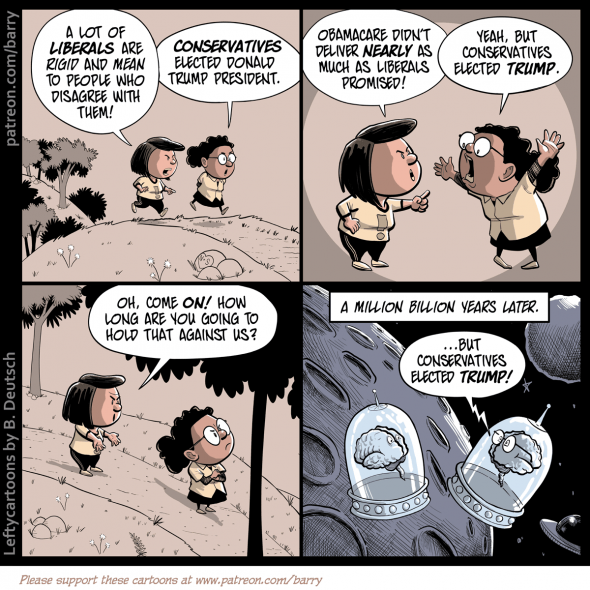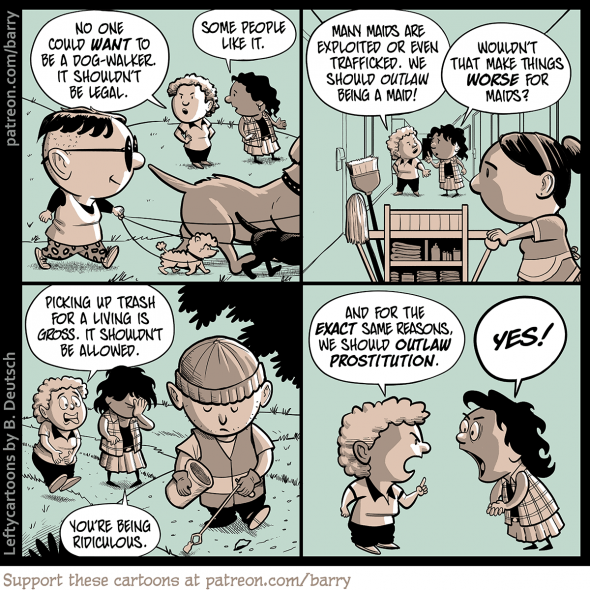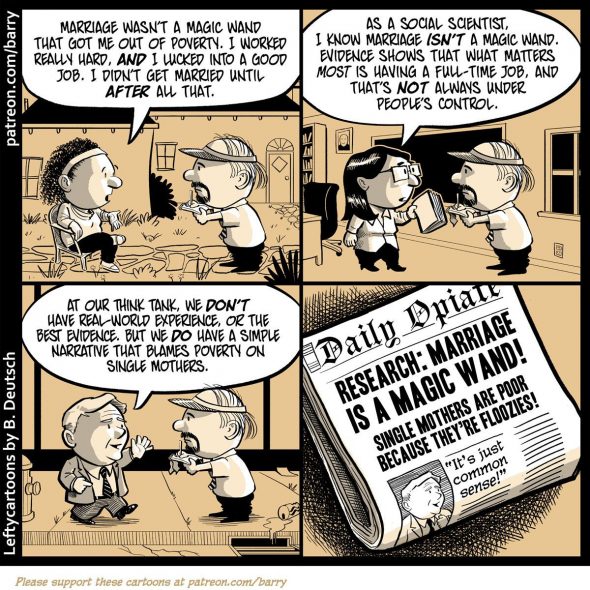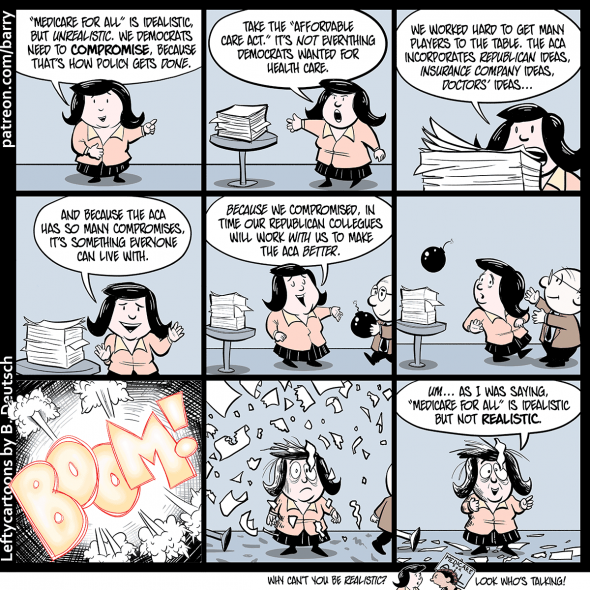Author’s Note: In March of this year, I was invited to give a talk about being a male survivor of sexual violence during my campus’ Sexual Harassment/Assault Awareness Week. Uncharacteristically for my campus, where panel presentations on topics like this tend to be the norm when faculty and/or students are involved, the person who invited me offered me the chance to be the only speaker. What follows is the text of the talk I gave. The title is kind of a mashup of titles of two posts I’ve written that address this subject in a much more fragmentary way: Towards a Feminist Politics of Male Survivorship and My Students First Taught Me to Claim the Politics of My Survival. This talk—which is long, about 7,000 words, and which contains graphic descriptions of sexual violence—presents a much more fully fleshed-out version of the thinking in those posts. I’ve divided it into chunks that I hope will make for easier reading.
Good afternoon.
It’s not often that men like me, men who have survived sexual violence, get to tell our stories in the way that I have been invited to tell you mine: not just at length, but as part of a program like Sexual Harassment/Violence Awareness Week, which usually focuses almost exclusively on men’s sexual aggression against women. There is good reason for that focus, of course. Women and girls are the targets of men’s sexual aggression more frequently and more systemically than men and boys are targeted by sexual aggressors of any gender.
Nonetheless, as revelations about Kevin Spacey, about the well-known conductor James Levine, and the fashion photographer Bruce Weber have shown—not to mention earlier revelations about, for example, former Speaker of the House of Representatives Dennis Hastert and former Penn State defensive coordinator Jerry Sandusky—men and boys are also targets of sexual aggression, and we do not deserve to be left out of these conversations just because our numbers are smaller.
This is not the first time I’ve spoken publicly here at Nassau Commuinty College about the fact that I am a survivor. About twenty years ago, I was teaching an independent study in creative nonfiction with two women of color, each of whom was also a survivor of sexual violence. How we came to work together is a longer story than I have time for here, but what we worked on were personal essays they each wanted to write and publish as a way of breaking the silence in their lives and in their communities about sexual violence against women.
In order to get independent study credit, my students had to present their work at an end-of-semester colloquium in front of an audience that would include, among others, the college president and the vice president of academic affairs. When the time came to start planning for this presentation, however, my students got really scared. They were concerned they would not be taken seriously. The other students at the colloquium would be presenting conventional, research-based projects in traditional academic disciplines. My students, on the other hand, had done little or no research, at least not in the traditional sense; they had no facts other than the facts of their own stories to substantiate what they had to say; and they worried that what they had to say—which dealt, sometimes explicitly, with the most intimate parts of their lives—would be considered inappropriate, and even insulting.
They feared they would be seen as nothing more than stereotypical women of color: emotional, traumatized, and not smart enough to cut it at the intellectual level of their more scholarly white peers. To alleviate their concerns as much as possible, I offered to introduce them with a statement about how meaningful it had been for me to work with them, to have been for them the kind of mentor who simply did not exist for me back in the 1980s, when I was starting to come to terms with my own experience of sexual violence. This way, I told them, anyone who had a problem with what they said, would have to come through me, not just as a white male faculty member, but also as a white male survivor.
So that’s what we did. I read my introductory statement and then my students read their essays. Each one, when she finished, received a standing ovation, and everyone who came to speak with them afterwards—from the president of the college to the families of the other student presenters—was warm and supportive and even thankful.
With one exception.
A white colleague whose student had also presented came over to say that he was angry and disappointed. I had, he said, failed in my responsibility as an educator and an academic. First, I’d treated as serious intellectual work writing that was sensationalizing at best and, at worst, salacious and titillating. It was none of those. Second, I’d allowed my students to present that writing at the colloquium, lowering the level of discourse at what was supposed to be a celebration of student intellectual achievement to that of a trashy women’s magazine. Third, I had inappropriately introduced my own personal experience into the colloquium, turning that portion of the evening into a kind of group therapy session.
I don’t remember very well what I said in response, but my response isn’t the point right now. I’ve told you this story because I want to you to understand that even though this event is not a scholarly colloquium, even though my talk is perfectly in keeping with the theme of this entire week, once I agreed to give the talk, I also agreed to stand before you in much the same position as my students were back then.
You will walk out of this room today knowing things about me that even some members of my family don’t know or that, if they do know, they choose to pretend they don’t. What this means, whether you realize it or not, is that you will walk out of this room knowing things that you could use against me. Because no matter how confident and unashamed I may be as I stand here telling you that I was sexually violated as a child, to have been sexually victimized in our culture is still a mark of shame, and we all, if we are honest with ourselves, know how to use that shame, as my colleague tried to do, to silence and dismiss those survivors who choose to speak out.
In speaking to you today, in other words, I am choosing to trust you—both those of you who are my colleagues and those of you who might one day be sitting in a class I am teaching; and I am making this choice knowing full well that some of you might choose to violate that trust. I believe the risk is worth it, however, because being able to say out loud what I’m going to tell you has made the difference for me, as it has made the difference for others who have similar stories to tell, as it could make the difference for some of you here today who have not yet told your stories—being able to say out loud what I am now going to say to you has made the difference for me between living the life I have wanted to live and feeling like the only life I deserve is the shame-filled half-life that the men who violated me tried to force me into. Continue reading →












It is inevitable that people will detransition – no medical treatment has a 100% satisfaction rate. But 94% of trans…